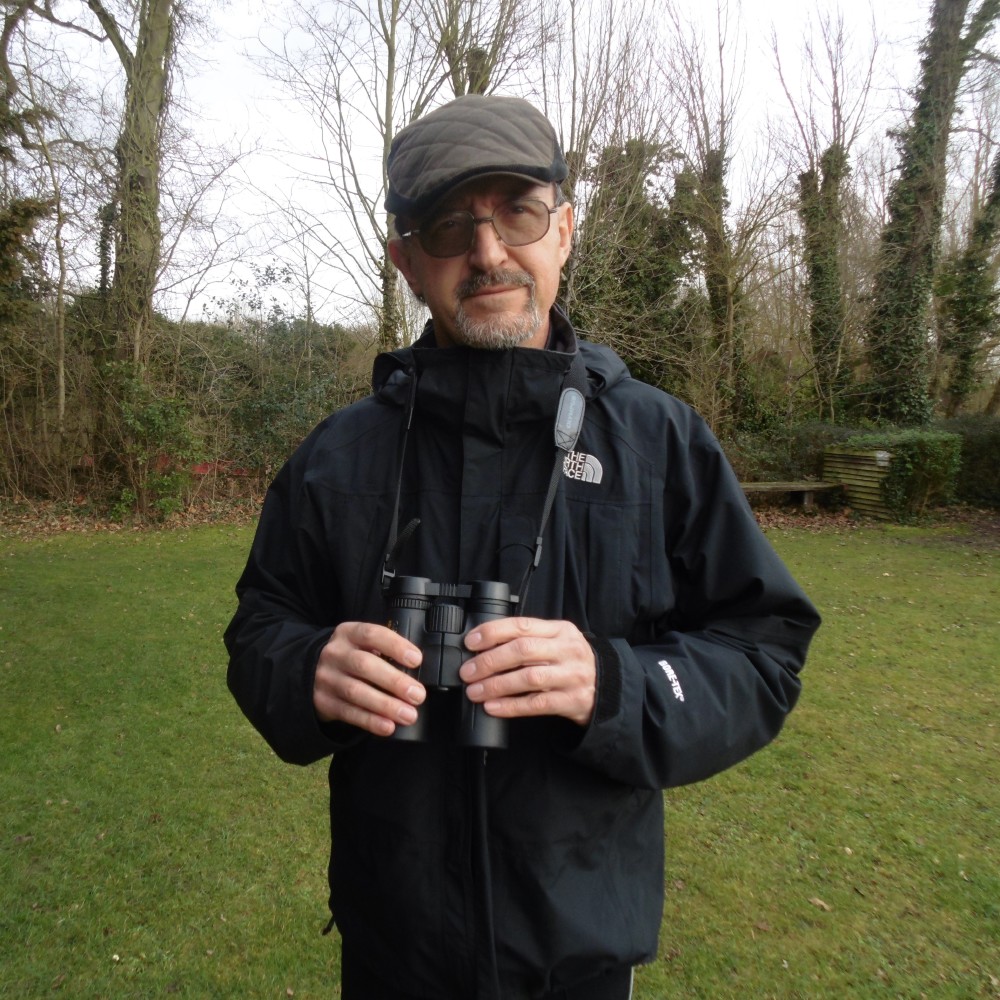Sean Notyeats has just published a book “From Small Beginnings” (published by Book Guild). This collection contains 60 “rough cut” poems varying in subject, length and style which can be used as working examples for newcomers to poetry. This work provides a “snap-shot” of what may be achieved over two years from a “zero base”. Sean has written these Ten Top Tips based upon his experiences over this period.

Sean Notyeats
Bob Dylan recently received the Nobel Prize for Literature based on the lyrics (words) of his songs.
Transforming the elements of music into the spoken word of poetry is a fun way to get started.
In the example below, the lyric a 1970’s song of hope (Imagine by John Lennon) could easily be taken as a poem.
Imagine there's no heaven
It's easy if you try
No hell below us
Above us only sky
Imagine all the people living for today
Talk to your friends to see what songs they remember most.
Listen out for a strong or distinctive lyric. The difference between a line of poetry and a line of lyric can simply be a tune.
Poetry based on songs can be spoken or chanted in time with the rhythm (ignoring the melody).
Fun first, precision to follow. Some practitioners write poems according to strict rules and others do it just for fun. The less serious works may or may not have literary merit, but if the readers' attention is attracted for more than 2 minutes, things are going well given the plethora of other media.
There are good books available which describe the history and structure of poetry. I looked at some of these and decided against studying in a formal way in the first instance. There is much to be said for "learning by doing".
If I hear a pattern of words with comic potential, it seems only fair to share this insight, though the resulting phrasing may not be perfect. It may however provide amusement and accessibility to this wonderful art form. More serious work can follow in good time.
Everyone has a collection of rhymes in their memory, from kindergarten to concerts. Allow for some quiet evenings to rediscover a surprising amount of material.
Don’t be afraid of the variations in poetic style. Look at the works of others, but don’t allow original insights to be disregarded.
Writing circles, creative writing courses, residential courses and the like may be available locally (see Google). Constructive criticism over a cup of coffee is both productive and rewarding.
Feel your senses transformed. Having been impressed by lyrics and how they could be adapted, you might be “grabbed” by poetry, which at its best can bring the spotlight of truth onto the printed page and condense the best and the worst of human endeavours into a few evocative lines.

Tagged in Poetry

